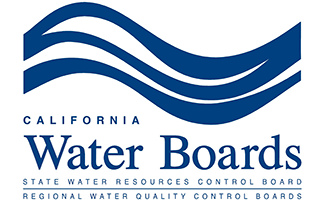New Drinking Water Notification Levels + Pending State and Federal Actions
Last month, the State Water Resources Control Board’s Division of Drinking Water announced that Notification Levels for Per- and Polyfluoroalkyl Substances will be lowered. While this move was expected, in conjunction with the recently enacted AB 756, it effectively authorizes the State Water Board to order public water systems to monitor for PFAS and issue extensive notices to ratepayers when a detection exceeds the new levels.
A study by the Office of Environmental Health and Hazard Assessment forms the basis for the newly lowered standards, which for PFOS went from 13 parts per trillion down to 6.5 ppt and for PFOA, from 14 ppt to 5.1 ppt. Several associations, agencies and technical experts are reviewing the OEHHA study and determining appropriate next steps.
Additionally, CASA staff met last month with the State Water Board’s PFAS investigative team. The Water Board has begun to receive submissions from drinking water agencies from phase 1 of the PFAS investigation, which launched this past March. They plan to present preliminary findings at an upcoming State Water Board meeting this month. CASA is developing a comment letter to help scope their investigative efforts in phase 3 and will submit it later this month.
Federally, Congress returns from its summer recess on September 9. The House and Senate are expected to continue working on pieces of legislation they’ve each passed relating to standards for PFAS in drinking water. The U.S. Environmental Protection Agency also released a draft method for wastewater effluent, USEPA Method 8327and the comment deadline recently closed. Notably, the U.S. Department of Defense’s environmental workgroup noted this method should only “be a screening method and should not be used for the collection of definitive data.” NACWA also provided comments to the EPA on Method 8327.
Please don’t hesitate to reach out to CASA’s staff for additional information. PFAS biosolids questions should be directed to Greg Kester. For water-related PFAS questions, contact contact Jared Voskuhl.




 @CASA_CleanWater
@CASA_CleanWater